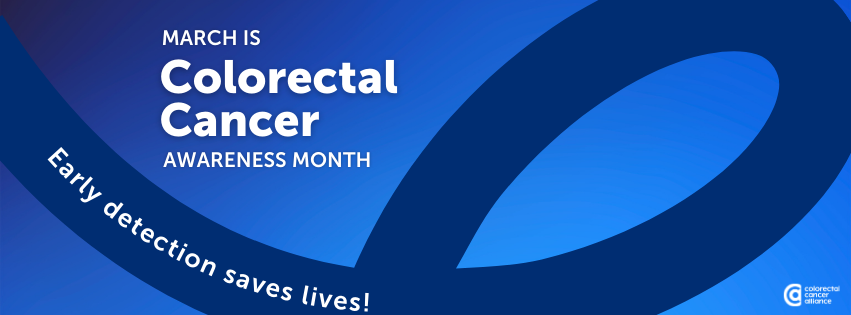Colon cancer is the third most common cancer among men and women. It is often the most preventable yet least prevented form of cancer. Up to 60% of colorectal cancer deaths could be prevented with routine screening.
The following are risk factors for developing colon cancer:
-
- Obesity
- Sedentary lifestyle
- Smoking
- Excessive alcohol intake
- Diet high in red and processed meat
- Family history of colon cancer or polyps
- Inherited genetic syndromes, such as Lynch syndrome
- History of inflammatory bowel disease including Crohn’s or ulcerative colitis
- Age 50 and over, though we are now seeing younger people develop colon cancer as well
- Race plays a factor – black men and women have a higher rate of colorectal cancer among all racial groups in the US
Screening is recommended starting at 45, sooner for those with certain risk factors.
Colonoscopy is the gold standard and it’s typically done every 10 years if no polyps or abnormalities are found. However, if you have polyps or other risk factors, you may need to have screening more often.
Colonoscopy is an outpatient procedure where the doctor inserts a flexible camera into the rectum and it’s guided through the colon. This is done under anesthesia so you do not feel any pain. Some people experience some bloating or mild abdominal cramping after the procedure but you can usually resume your normal activities the same day.
Another testing option is Colgard. It’s a non-invasive at home colon cancer screening test that looks for both DNA and blood in the stool; it is ordered by your physician. This test is appropriate for anyone age 45 or older with an average risk for colon cancer. Cologard can be done every three years and you receive the results in two weeks. If the test is positive then you’ll follow up with your doctor and have additional testing such as a colonoscopy.
Colorectal screening saves lives, be sure to get screened as soon as possible.
Be well,
Your MWC Docs

